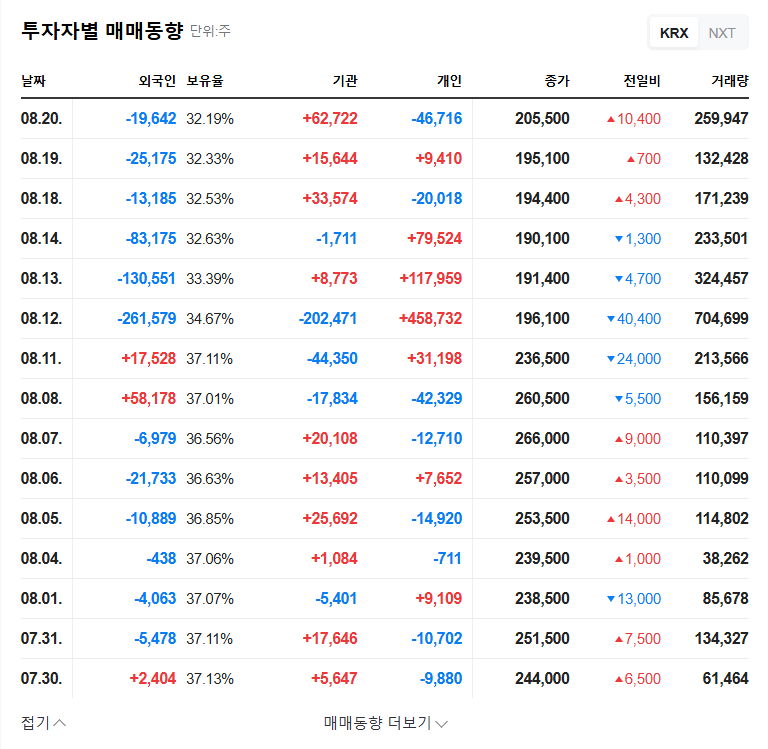
1. What Happened? SD Biotech’s Asset Sale
SD Biotech announced on September 5, 2025, the sale of land, buildings, and machinery located in Eumseong, Chungbuk, to USPharmatech Korea for KRW 15.3 billion. The stated purpose is to secure operating funds and improve the financial structure. The assets represent 25.22% of the company’s total assets.
2. Why the Asset Sale? SD Biotech’s Crisis
SD Biotech is grappling with continuous operating losses, accumulated deficit, and the looming threat of delisting. Sales in the first half of 2025 decreased by 14.5% year-on-year, and high SG&A expenses continue to erode profitability. The Korea Exchange has voted to delist the company. This desperate situation suggests the asset sale is a move to secure short-term liquidity.
3. Impact of the Asset Sale
- Positive Effects (Short-term):
- KRW 15.3 billion cash inflow offers temporary relief
- Potential for temporary improvement in financial structure
- Negative Effects and Risks:
- Underlying profitability issues remain unresolved
- Delisting risk still present
- Potential disruption to future operations due to sale of production facilities
- Concerns about negative impact on investor sentiment
4. What Should Investors Do?
Investing in SD Biotech at this point requires extreme caution. The asset sale appears to be a temporary fix, unlikely to reverse the company’s fortunes. Before making any investment decisions, carefully consider the following:
- The Korea Exchange’s final decision on delisting
- The company’s plans for utilizing the proceeds and evidence of actual financial improvement
- The company’s future business plans and strategies for enhancing competitiveness
Frequently Asked Questions (FAQ)
What’s the positive side of SD Biotech’s asset sale?
It provides short-term liquidity, offering temporary relief from immediate financial crisis and preventing further deterioration.
Why is investing in SD Biotech still risky despite the asset sale?
The asset sale is a short-term solution and doesn’t address the fundamental problems of operating losses, accumulated deficit, and the risk of delisting. It may even weaken the company’s long-term growth prospects.
What should investors pay attention to?
Investors should closely monitor the Korea Exchange’s final decision on delisting, how the company plans to use the proceeds, and the company’s future business plans. Critically evaluate the feasibility of the business plan and the competitiveness enhancement strategy.


Leave a Reply